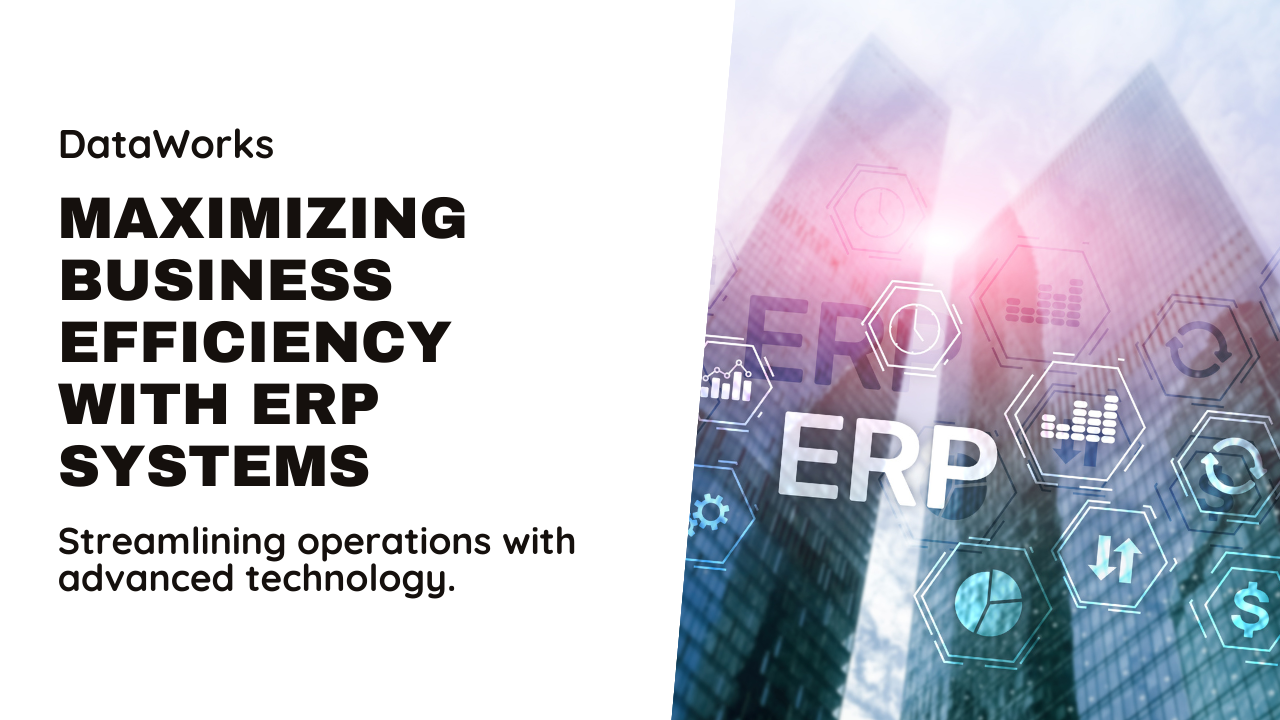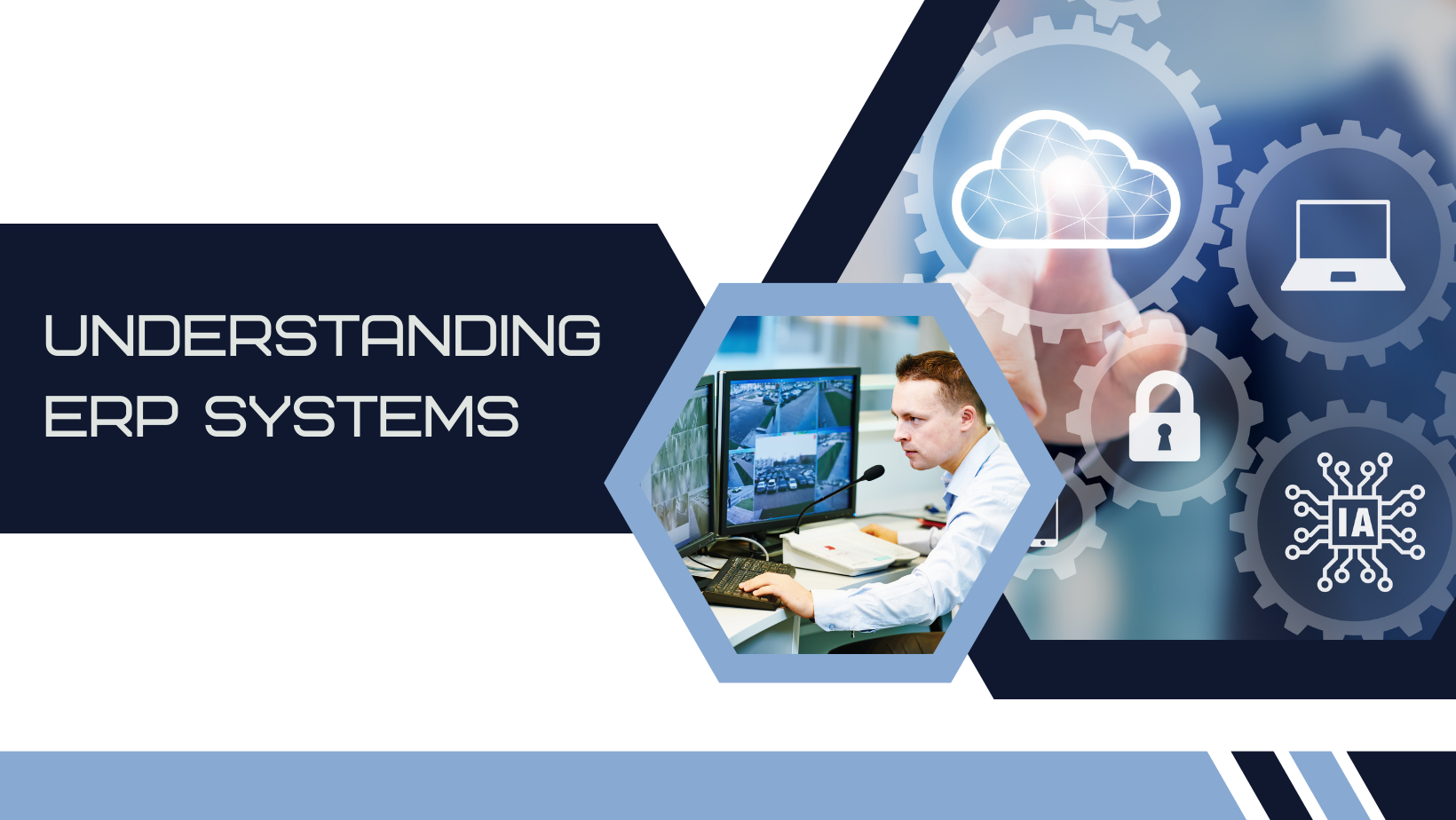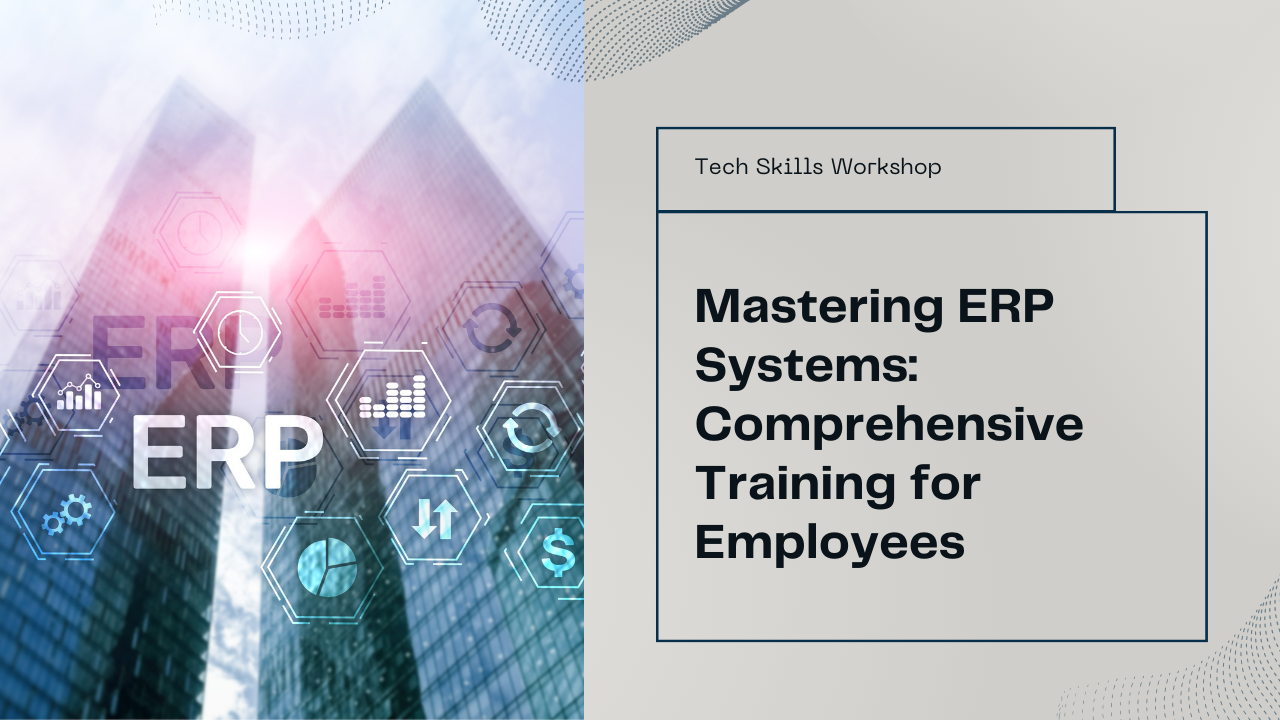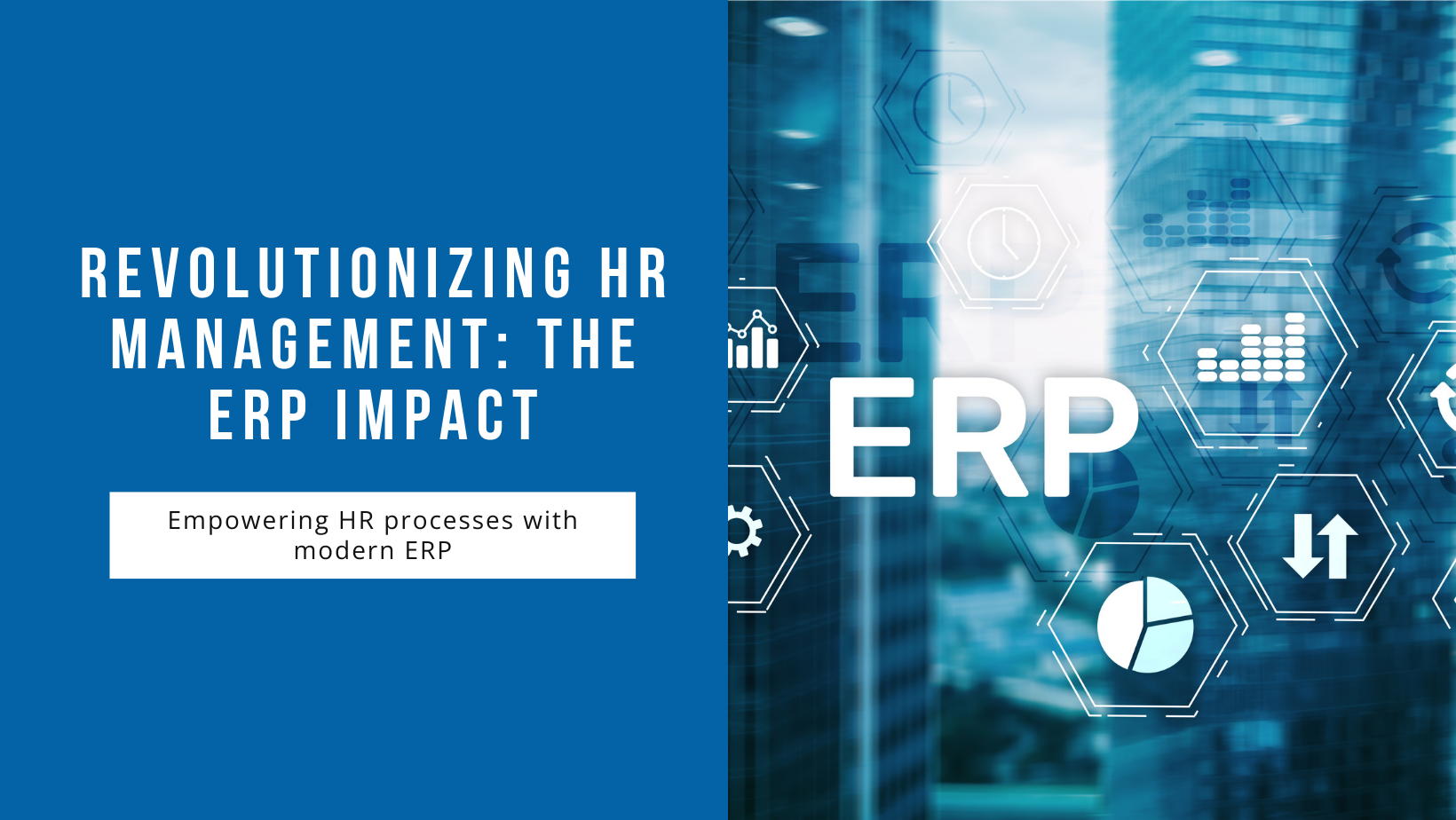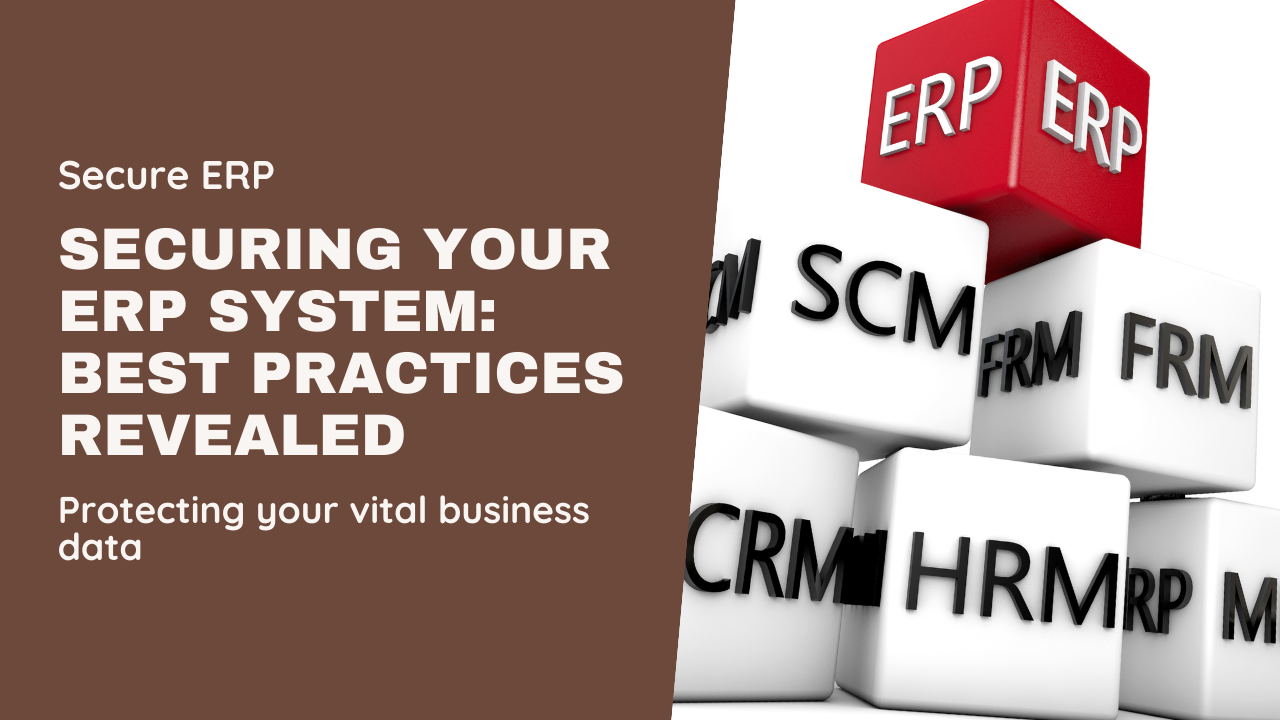In today’s fast-paced business environment, organizations are continually seeking ways to improve efficiency, reduce costs, and enhance operational agility. Enterprise Resource Planning (ERP) systems have emerged as a cornerstone technology, transforming how businesses manage and optimize their operations. This blog explores the significant impact of ERP on business efficiency, highlighting key functionalities, benefits, implementation considerations, and future trends.
Understanding ERP Systems
Enterprise Resource Planning (ERP) systems integrate core business processes into a centralized platform, enabling seamless data flow and real-time information sharing across departments. ERP software typically includes modules for finance, human resources, supply chain management, manufacturing, and customer relationship management (CRM). By consolidating these functions into a single system, ERP enhances organizational visibility, efficiency, and decision-making capabilities.
How ERP Enhances Business Efficiency
1. Streamlined Processes and Automation
ERP systems automate routine tasks such as order processing, inventory management, financial reporting, and payroll processing. By eliminating manual data entry and reducing paperwork, ERP streamlines workflows, minimizes errors, and accelerates process execution times.
2. Improved Data Visibility and Decision-Making
Centralized data storage and real-time updates enable stakeholders to access accurate, up-to-date information across departments. ERP dashboards and analytics tools provide insights into key performance indicators (KPIs), trends, and actionable data, empowering informed decision-making at all levels of the organization.
3. Enhanced Collaboration and Communication
ERP fosters collaboration by standardizing processes and facilitating communication between departments. Shared data repositories and workflow automation tools streamline interdepartmental workflows, promoting cross-functional teamwork and alignment towards common business goals.
4. Scalability and Adaptability
ERP systems are designed to scale with business growth and adapt to evolving industry trends and regulatory requirements. Modular architecture allows organizations to add or customize ERP functionalities as needed, supporting long-term scalability and flexibility.
Benefits of ERP for Business Efficiency
1. Operational Efficiency
By automating repetitive tasks and integrating business processes, ERP reduces cycle times, eliminates bottlenecks, and optimizes resource utilization, leading to overall operational efficiency improvements.
2. Cost Savings
Efficiency gains achieved through ERP systems translate into cost savings by reducing labor costs, minimizing inventory holding costs, optimizing procurement processes, and enhancing resource allocation efficiency.
3. Improved Customer Service
ERP systems enable organizations to respond quickly to customer inquiries, track order statuses, and personalize customer interactions based on real-time data insights. Enhanced service levels contribute to customer satisfaction and retention.
4. Regulatory Compliance
ERP helps organizations comply with industry regulations and standards by enforcing data security protocols, maintaining audit trails, and generating compliance reports. This reduces the risk of penalties and legal liabilities associated with non-compliance.
Real-World Examples of ERP Impact
1. Manufacturing Industry
Manufacturers leverage ERP systems to streamline production processes, manage inventory levels, and optimize supply chain logistics. Real-time visibility into manufacturing operations improves scheduling accuracy and reduces lead times.
2. Retail and Distribution
Retailers use ERP for inventory management, demand forecasting, and order fulfillment. Integration with CRM modules enables personalized marketing campaigns and enhances customer loyalty programs.
3. Healthcare Sector
Hospitals and healthcare providers adopt ERP systems to manage patient records, streamline billing processes, and enhance operational transparency. ERP integration with Electronic Health Records (EHR) improves clinical decision-making and patient care outcomes.
Future Trends in ERP and Business Efficiency
1. AI and Machine Learning
Integration of AI-driven analytics and machine learning algorithms in ERP systems will enhance predictive analytics, automate decision-making processes, and optimize resource allocation based on real-time data insights.
2. Cloud-Based ERP Solutions
Greater adoption of cloud-based ERP solutions will enable organizations to reduce IT infrastructure costs, improve scalability, and support remote workforce management and collaboration.
3. Blockchain Technology
Blockchain technology can enhance ERP data security, facilitate transparent supply chain management, and streamline financial transactions, enhancing trust and operational efficiency.
Conclusion
ERP systems play a pivotal role in driving business efficiency by streamlining operations, enhancing data visibility, and empowering informed decision-making. By leveraging ERP functionalities tailored to organizational needs, businesses can achieve significant cost savings, improve customer service levels, and maintain compliance with regulatory requirements.
Investing in ERP for business efficiency isn’t just a technological upgrade; it’s a strategic initiative to foster innovation, streamline workflows, and achieve sustainable growth in today’s competitive marketplace. Embrace ERP as a catalyst for operational excellence and position your organization for success in an increasingly digitalized economy.
